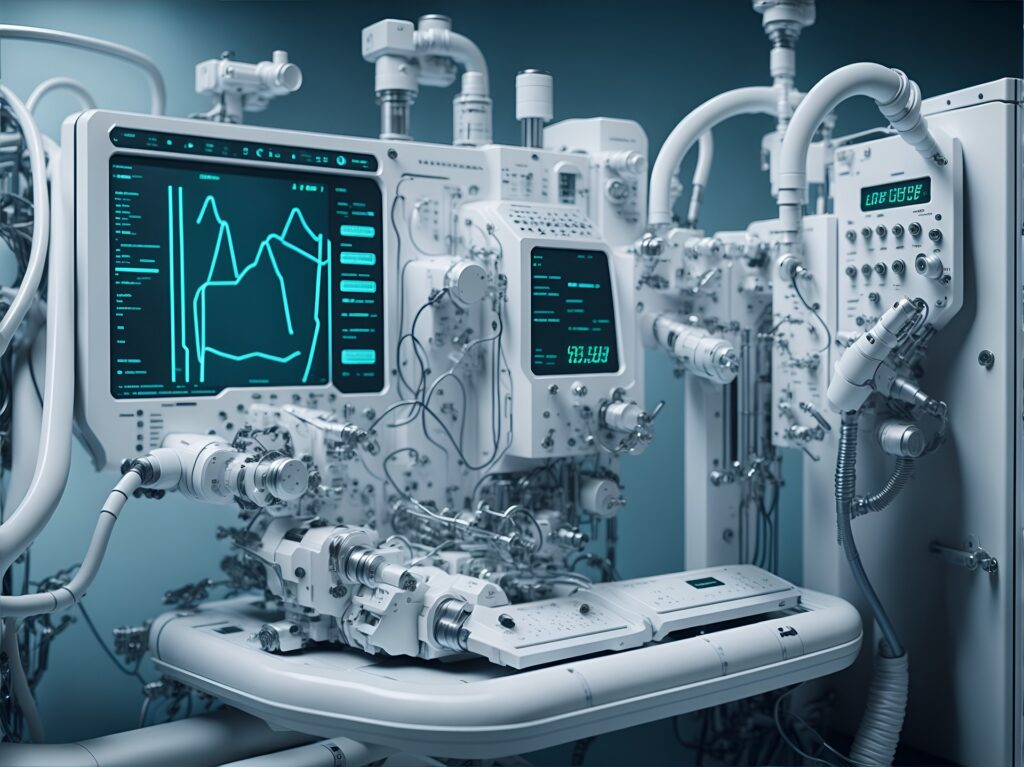Artificial intelligence (AI) has the potential to revolutionize healthcare by transforming many aspects of patient care and administrative processes within provider, payer and pharmaceutical organizations.
Clinical AI tools have shown promise in predicting health trajectories of patients, recommending treatments, guiding surgical care, monitoring patients, and supporting population health management
The emergence of artificial intelligence (AI) in healthcare has been groundbreaking, reshaping the way we diagnose, treat and monitor patients.
This technology is drastically improving healthcare research and outcomes by producing more accurate diagnoses and enabling more personalized treatments.
AI in healthcare’s ability to analyze vast amounts of clinical documentation quickly helps medical professionals identify disease markers and trends that would otherwise be overlooked.
How can artificial intelligence benefit healthcare?
Better machine learning (ML) algorithms, more access to data, cheaper hardware.
Machine learning is a statistical technique for fitting models to data and to ‘learn’ by training models with data. Machine learning is one of the most common forms of AI.
AI and ML technologies can sift through enormous volumes of health data—from health records and clinical studies to genetic information—and analyze it much faster than humans.
The potential of AI in healthcare is enormous, but there are also challenges to its implementation.
For example, the complexity and rise of data in healthcare means that AI will increasingly be applied within the field, but implementation factors will prevent large-scale automation of healthcare professional jobs for a considerable period.
However, with proper design and ethical considerations, AI can transform healthcare and improve patient outcomes.
